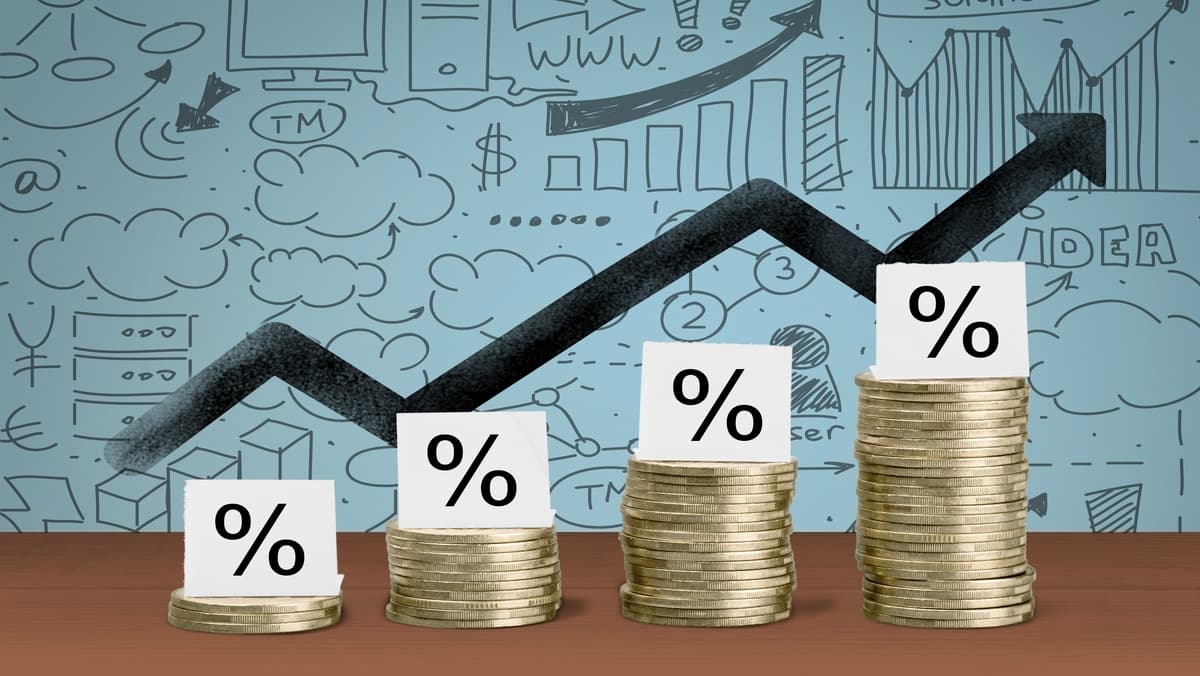
Thursday Nov 21 2024 09:30

4 min

In stock market, FAANG stocks are a group of highly successful tech companies which have had a significant impact on markets worldwide.
FAANG stocks refer to a group of highly successful technology companies that have significantly influenced global markets. The acronym stands for Facebook (now Meta), Amazon, Apple, Netflix, and Google (now Alphabet). Together, these companies boast the largest market capitalization among publicly listed firms worldwide. Known for their strong growth potential and innovative technologies, FAANG stocks are popular choices for traders pursuing long-term growth strategies.
FAANG stocks are essential components of many investment portfolios due to their potential for high returns and relative stability amid market volatility. For traders focused on long-term investments or seeking short-term gains, FAANG stocks present viable options. Additionally, understanding these companies can provide valuable insights into broader market trends and analyses, making them crucial for informed trading decisions.
Despite their narrow focus on the technology sector, FAANG stocks play a crucial role in driving economic growth. Given their substantial market presence, any fluctuations in their stock prices—whether positive or negative—can significantly impact the overall stock market. The term "FAANG" was coined in 2012 by Jim Cramer, host of CNBC's "Mad Money."
Currently, the combined market value of FAANG stocks exceeds $3 trillion, accounting for nearly 10% of the $31 trillion market capitalization of the American stock market.
Even investors who do not own FAANG stocks can feel the effects of their price movements, as these changes influence the broader market. All FAANG companies are traded on the NASDAQ Stock Market, and they are also part of the S&P 500 Index, which includes the 500 largest publicly traded companies on the NYSE or NASDAQ based on market capitalization.
As each of the FAANG stocks began to face pressure, a sell-off ensued across the entire tech sector, eventually affecting the broader market. This sell-off was partly driven by profit-taking from institutional investors, who questioned whether even the most well-managed companies could maintain consistent earnings growth.
This concern is particularly relevant for technology stocks, known for their volatility. While the focus often lies on the growth of these companies, apprehensions naturally arise when firms reach such large scales, especially those that collect and analyze personal data about their users.
Despite these challenges, FAANG stocks have historically outperformed the S&P 500 index. Since going public in May 2012, Meta has had the weakest performance among the group, whereas Netflix has seen a remarkable increase of about 16 times, making it the top performer.
The five FAANG companies represent approximately 15% of the S&P 500 and 30% of the Nasdaq 100 Index. If Microsoft replaces Netflix in this analysis, those figures rise to 21% and 40%, respectively.
When it comes to investing, FAANG stocks are often lauded for their impressive track records and strong leadership positions within their respective industries.
When considering shares, indices, forex (foreign exchange) and commodities for trading and price predictions, remember that trading CFDs involves a significant degree of risk and could result in capital loss.
Past performance is not indicative of any future results. This information is provided for informative purposes only and should not be construed to be investment advice.
